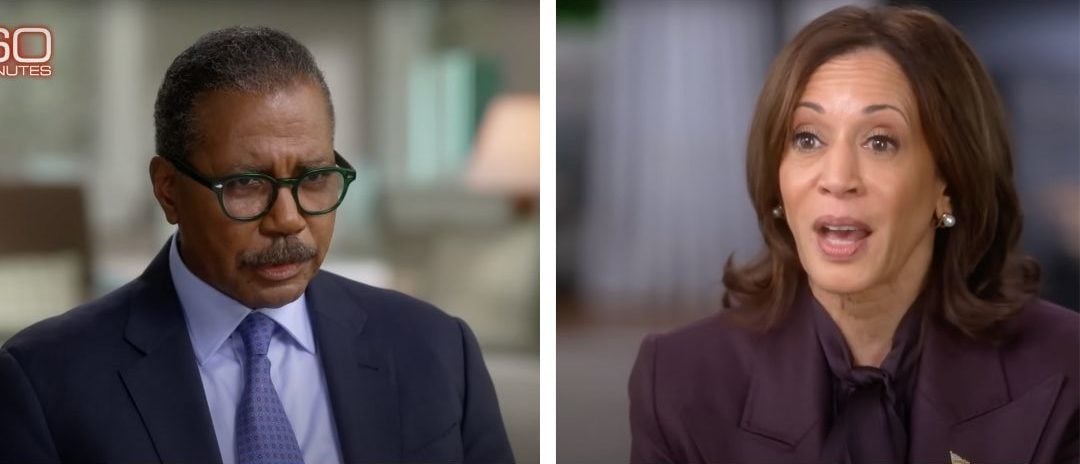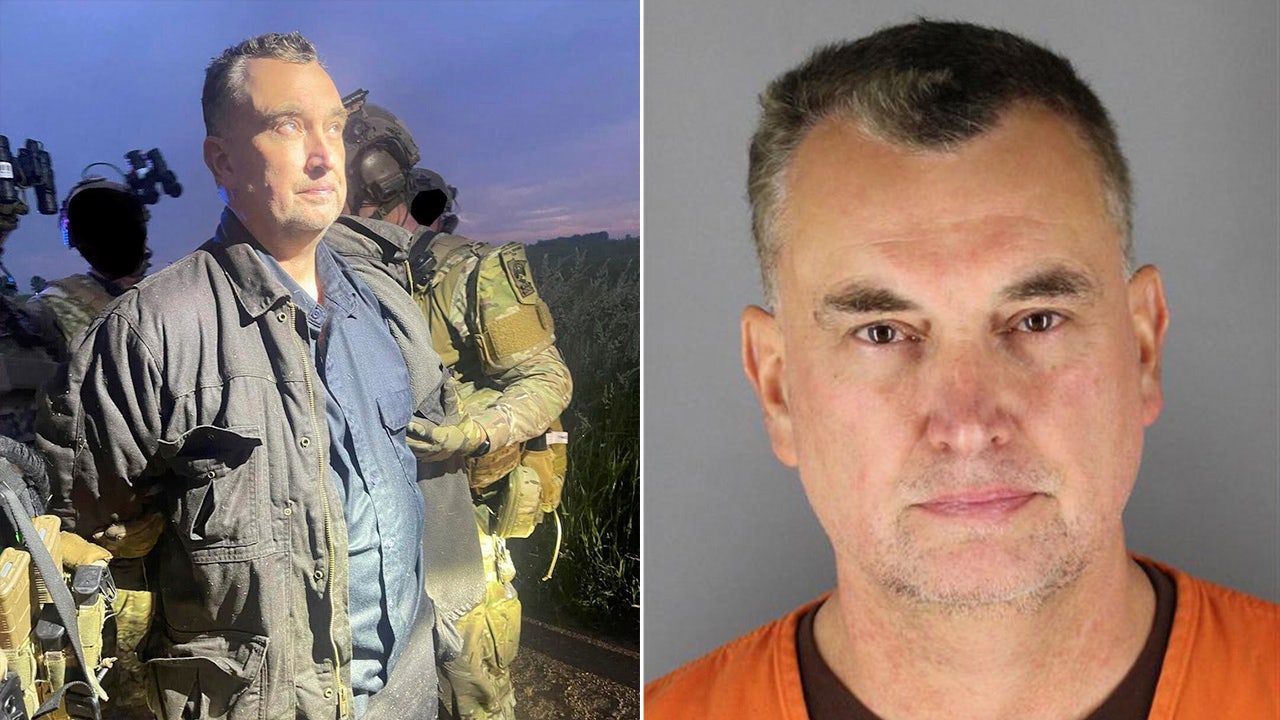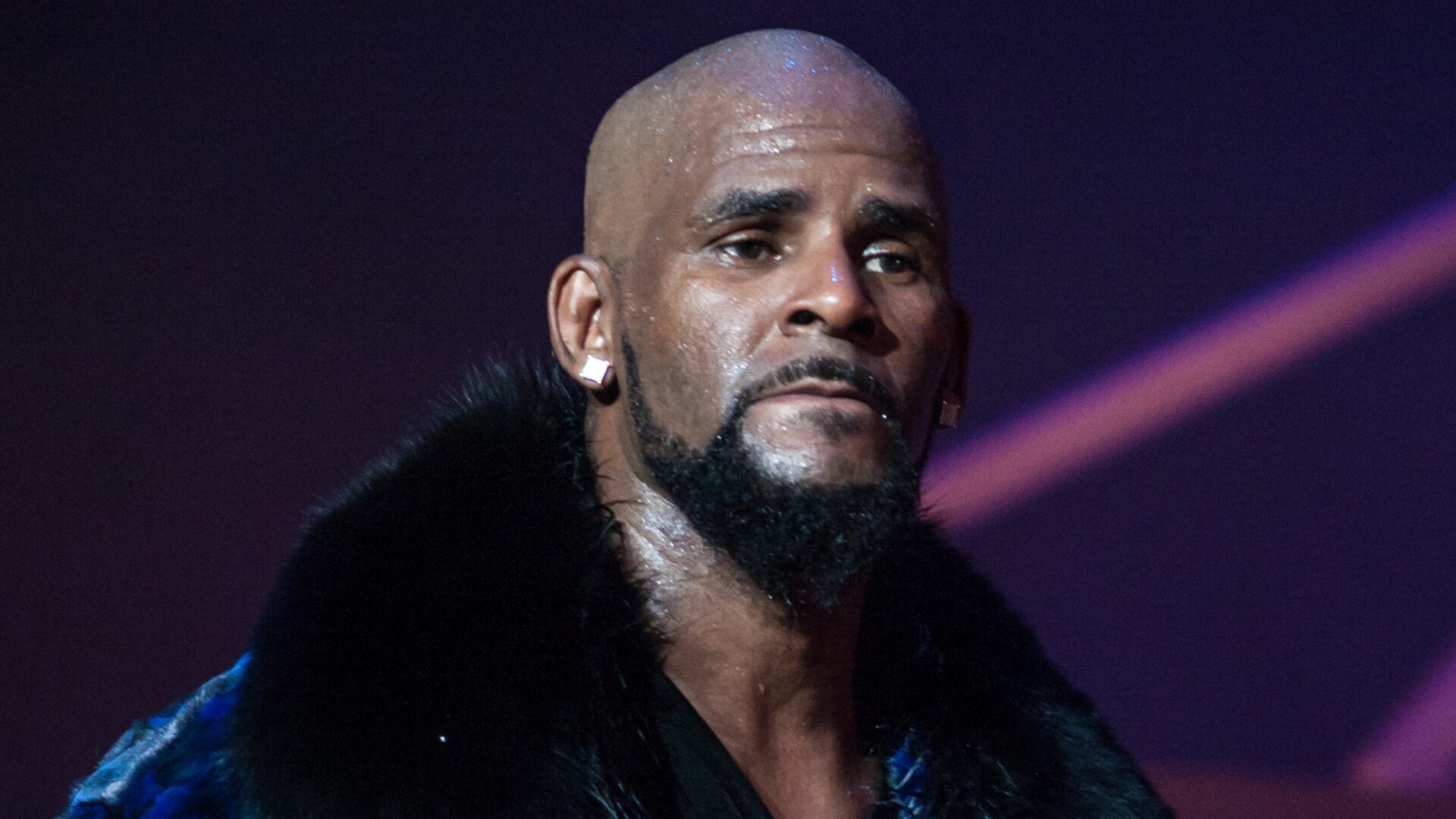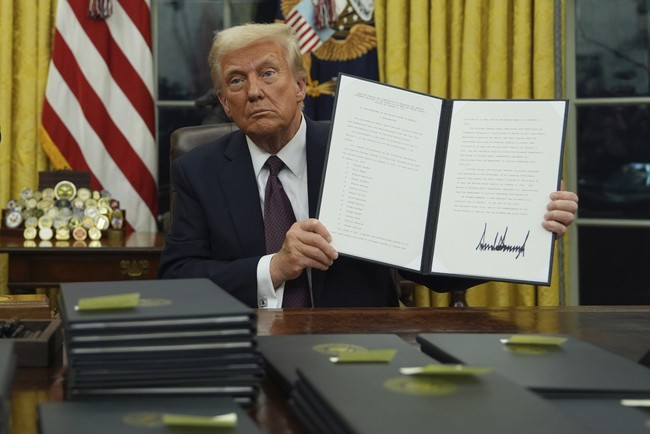CBS News has agreed to the request made by FCC Chairman Brendan Carr for the unedited transcript of the “60 Minutes” interview with then-Vice President Kamala Harris.
Carr’s inquiry sought the complete transcript and camera feeds from the interview, reflecting a growing interest in the transparency of media practices. A spokesperson for CBS News confirmed their compliance, citing legal obligations as the reason for their decision.
The timing of this request is notable, as CBS’s parent company, Paramount Global, is currently negotiating a settlement with President Donald Trump’s legal team. This comes as they seek FCC approval to sell Paramount to Skydance Media, a move that has raised eyebrows among media analysts. Some industry experts have expressed concern that the FCC’s inquiry might have a chilling effect on journalistic freedom.
Bill Whitaker interviewed Kamala Harris on October 5, 2024, in Washington, addressing issues including the U.S.’s influence over Israeli Prime Minister Benjamin Netanyahu. In a preview aired on “Face the Nation,” Harris’s response was detailed, while the primetime “60 Minutes” segment showed a more concise reply. Harris stated, “Well, Bill, the work that we have done has resulted in a number of movements… in the region,” highlighting U.S. efforts in the Middle East.
During the primetime airing, Harris emphasized the U.S.’s firm stance on ending the conflict, saying, “We’re not going to stop pursuing what is necessary for the United States.” This discrepancy between the two versions of her responses has fueled debates over media editing practices. In response, Donald Trump shared a video juxtaposing both responses, criticizing CBS and accusing them of favoring Harris.
Trump called for CBS’s license to be suspended, alleging bias in their editing process. While CBS did not publicly address Trump’s accusations, they maintained that their editing practices were consistent and had been applied to Trump in the past. The Associated Press reported that CBS privately clarified its stance, denying any intent to benefit Harris.
Trump declined an interview with CBS and subsequently filed a lawsuit in Texas against the network. He sought $10 billion in damages and demanded the full interview transcript, which CBS refused to provide. This legal battle adds another layer of complexity to the ongoing tensions between Trump and major media outlets.
Another segment of the interview, also focused on Israel, faced similar editing controversies. CBS defended its editorial choices, arguing that the segments aired were not doctored but were edited for time constraints. The New York Times reported that CBS claimed the two answers from Harris were actually parts of a single extended response.
The situation illustrates the delicate balance media outlets must maintain between editorial discretion and transparency. The scrutiny CBS faces over this interview highlights the broader challenges of ensuring fair representation in political reporting. As these events unfold, the media’s role in shaping public perception remains under the microscope.
The request from the FCC chairman underscores the ongoing debate over media accountability and the influence of political pressure. Media experts continue to discuss the implications of such inquiries on journalistic independence and the potential for self-censorship. Meanwhile, the public remains divided on the fairness of media practices in politically charged environments.
The FCC’s involvement raises questions about government oversight in media operations. As CBS moves to comply with the inquiry, the broader media landscape watches closely for the potential impact on future reporting. This case serves as a reminder of the complex interplay between media, politics, and regulatory bodies.
The legal and ethical dimensions of this situation are likely to resonate throughout the industry. Media organizations are tasked with navigating these challenges while maintaining their commitment to truth and integrity. The resolution of this case may set precedents for how similar situations are handled in the future.
As the story develops, the focus remains on transparency and accountability in media practices. The outcome of CBS’s negotiations and compliance with the FCC could influence future interactions between media outlets and regulatory authorities. The industry continues to grapple with these issues, striving to uphold journalistic standards amid external pressures.
The relationship between media and politics has always been intricate, with each side influencing the other in significant ways. This case exemplifies the ongoing struggle to balance editorial freedom with responsible reporting. As CBS navigates its current challenges, the broader media community watches for lessons learned and future implications.
In the ever-evolving media landscape, transparency and accountability remain critical. The discussions surrounding this case highlight the need for clear guidelines and open communication between media entities and regulatory bodies. As CBS complies with the FCC’s request, the industry reflects on the importance of maintaining trust and credibility with the public.




The credibility of the MSM approaches ZERO!!!!!!
Here is the solution for all Media Always do the editing if any to be an accurate picture of interview without Faux editing and if FCC wants whatever you gladly give it to them ASAP which you would if it was Done in Full Honest Editing! QUIT YOUR FFING POLITICS THAT WAS BEHIND THIS BS!!
Show the tape of Harris so everyone can really see how stupid she really is she can’t speak without a teleprompter and she thinks she can be governor of California or run for president again. You think they were only hiding Biden’s incompetence wait to you see Harris speak off the cuff Harris is as brain dead as Biden is. She needs to find a new career or get a set of new knee pads